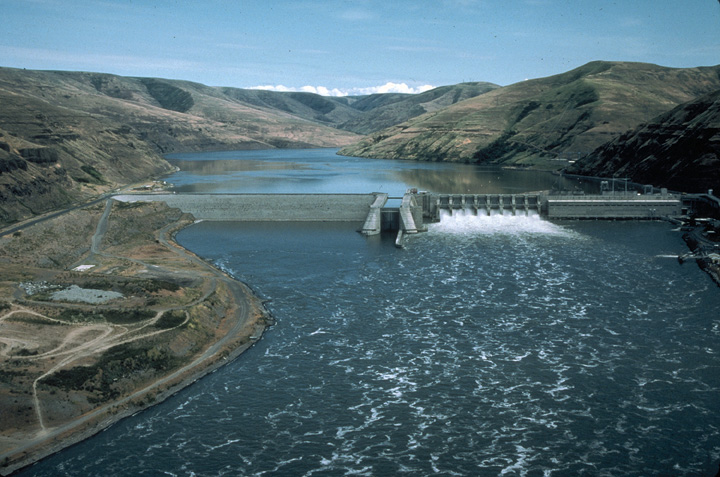Groups Sue Feds Over Latest Columbia-Snake Hydro Plan
Fishing and environmental organizations are taking federal agencies back to court over deficiencies in their latest plan for managing the impact of the Columbia-Snake hydropower system on listed salmon and steelhead, just as they said they would last fall.

The Northwest Sportfishing Industry Association, commercial-fishing-oriented Pacific Coast Federation of Fishermen’s Associations and others call September 2020’s “record of decision” from dam, river and electricity managers rushed, say it OKs management that has been “consistently rejected” by judges for 20-plus years, doesn’t do enough to protect Chinook, coho, steelhead and other listed stocks, and fails to consider the plight of southern resident killer whales.
“While we seek to work with others on durable recovery plans, combined with infrastructure updates that will create jobs for the fishing industry, energy sector and transportation, we must work just as diligently to challgence this plan that represents a step backwards for our entire region,” said Liz Hamilton, executive director of the Portland-based Northwest Sportfishing Industry Association.

She termed midsummer’s new biological opinion for the system “illegal” and “built upon a crumbling foundation that fails fish and our regional economy.”
Other groups involved include the National Wildlife Federation, Bellingham-based American Rivers, Idaho Rivers United, Institute for Fisheries Resources, NW Energy Coalition, Sierra Club, Columbia Riverkeeper and Idaho Conservation League. They are represented by Earthjustice.
It’s the eighth challenge in a long-running case and the 72-page complaint they filed in U.S. District Court in Portland today asks for that record of decision to be vacated. The ROD did not include removing four dams on the Lower Snake, considered by advocates to be “the single best thing we can do to save the salmon.”
System supporters have said that the current operations plan balances fish recovery with maintaining cheap electricity, and point to a Bonneville Power Administration-funded study last fall that found salmon survival has dropped in all West Coast systems, regardless of whether they’re dammed or not, and thus the ocean is more at fault for low runs.
That study, however, has come under fire for use of incompatible data sets, ignoring evidence and underplaying the importance of freshwater habitat, according to a recent article by Eric Barker of the Lewiston Tribune.
